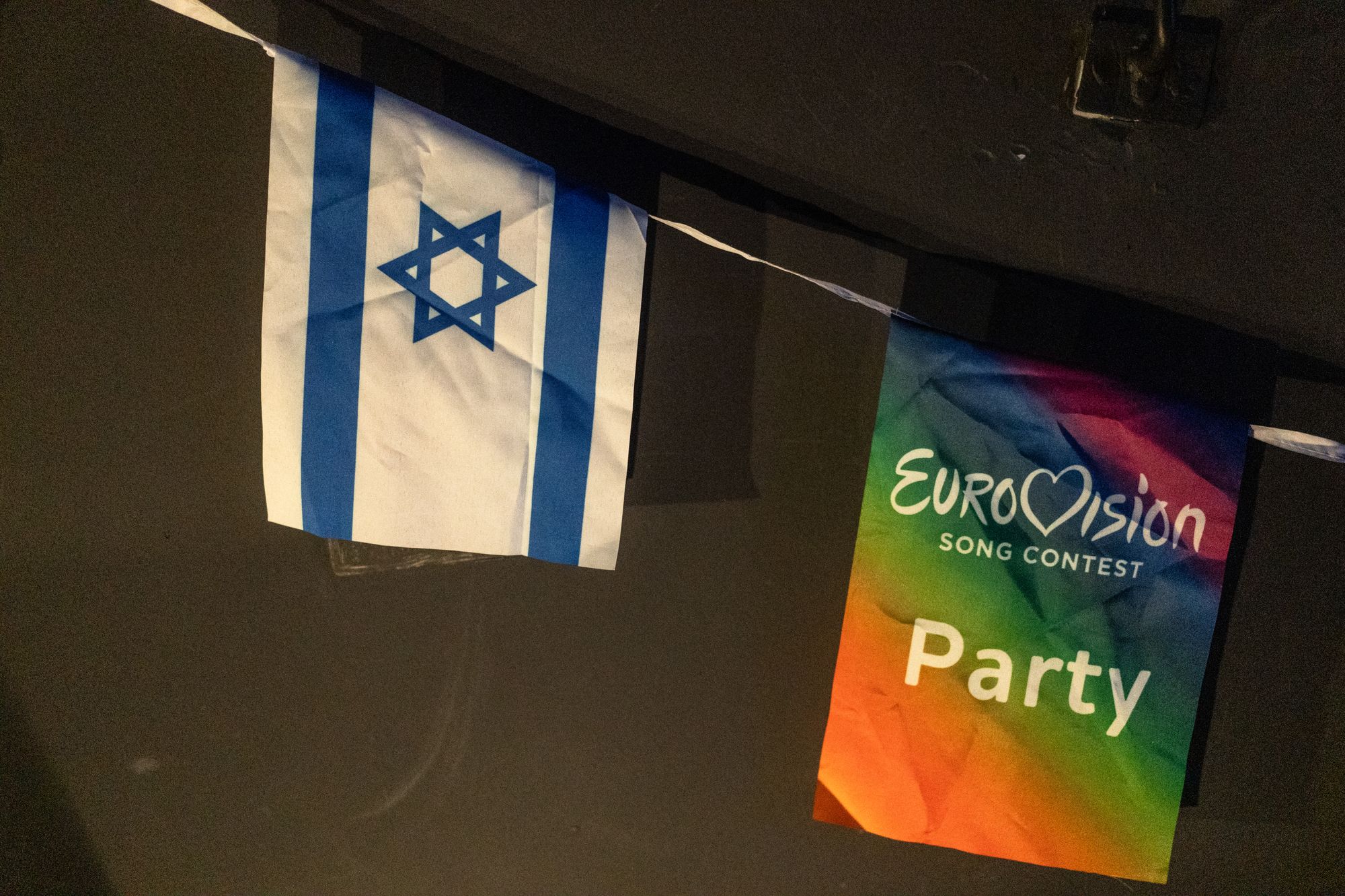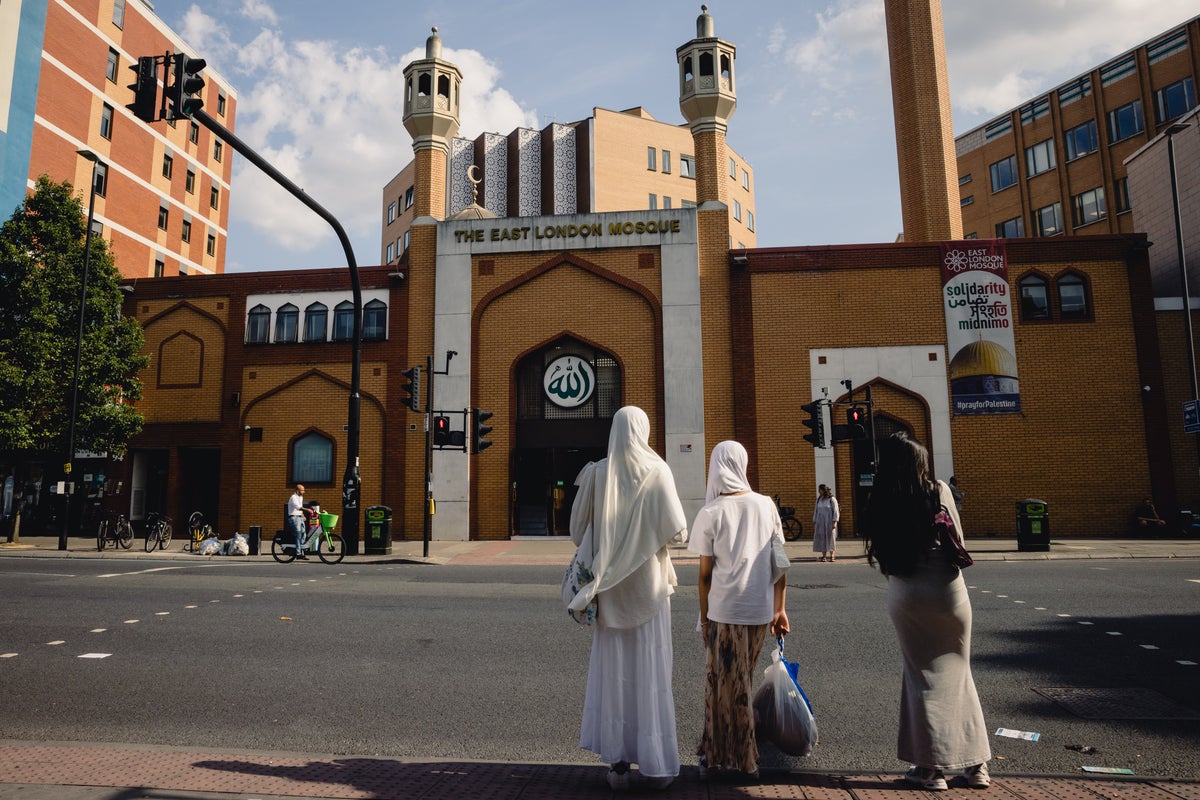Eurovision’s governing body, the European Broadcasting Union (EBU), has cancelled a planned online vote in November over whether Israel should take part in the 2026 competition, citing “recent developments in the Middle East”.
The decision was announced on Monday, with the EBU stating that the question will instead be debated at its Winter General Assembly in December, in person.
“In the light of recent developments in the Middle East, the EBU's executive board (meeting on 13 October) agreed there was a clear need to organise an open and in-person discussion among its members on the issue of participation in the Eurovision Song Contest 2026,” the EBU statement read.
“Consequently, the board agreed to put the issue on the agenda of its ordinary winter general assembly, which will be taking place in December, rather than organising an extraordinary session in advance.”
The EBU, which represents 56 public service broadcasters across Europe and beyond, had originally announced plans to invite its member countries to express their views on Israel’s participation at a virtual session in November.
The body told Reuters it would share further details about the December meeting “in the coming weeks”, but did not confirm whether a vote on Israeli broadcaster KAN’s participation would still take place.
In a letter sent to members in September, EBU president Delphine Ernotte Cunci acknowledged that the executive board had failed to reach a consensus on Israel’s inclusion, writing: “Given that the Union has never faced a divisive situation like this before, the Board agreed that this question merited a broader democratic basis for a decision.”
The EBU has previously defended KAN’s inclusion, noting that Eurovision is a non-political cultural event and that KAN meets all membership criteria.

Controversy over Israel’s participation has been rife for the past two years amid its war on Gaza, while its contestants have been the subject of widespread protests.
The postponement comes days after a tentative ceasefire between Israel and Hamas, which saw all 20 remaining living hostages released on Monday in exchange for nearly 2,000 Palestinians held in Israel. The ceasefire, brokered by US president Donald Trump, was declared on Friday and includes a temporary halt to air strikes and cross-border fire, alongside commitments to allow increased humanitarian aid into Gaza for at least two weeks.
The Israeli military has killed more than 67,000 Palestinians in the enclave in the past two years, according to Hamas-run Palestinian health authorities.
The war was sparked when Hamas militants attacked Israel on 7 October 2023, killing around 1,200 people, according to Israeli tallies.
Israel’s participation in Eurovision has become a flashpoint, with at least five European broadcasters already threatening to withdraw if the country is allowed to compete.
State broadcasters in Spain, the Netherlands, Ireland, Iceland, and Slovenia have publicly declared that they may boycott Eurovision 2026 on humanitarian grounds.
Belgium, Sweden, and Finland are also reportedly considering similar action, while Germany has accused participating countries of politicising what it called a “cultural event”.
Host country Austria has weighed in, urging broadcasters not to politicise the contest. The Austrian media organisation ORF, which will host Eurovision 2026 in Vienna, welcomed the EBU’s decision to delay, saying it supported “a more measured and democratic discussion”.

In September, Austrian foreign minister Beate Meinl-Reisinger appealed to the broadcasters, writing that she was “deeply concerned about the risk of a rift between the members of the European Broadcasting Union on this issue”.
“Such a rift would only deepen the discord and preclude opportunities for important dialogue between artists and the public – without improving the situation on the ground in Israel and Gaza,” her letter stated, according to Reuters.
“Excluding Israel from the Eurovision Song Contest or boycotting the event would neither alleviate the humanitarian crisis in Gaza nor contribute to a sustainable political solution.”
Israel’s entry in the most recent Eurovision, held in Basel, placed second in May with performer Yuval Raphael receiving the largest public vote, though Austria ultimately won after jury scores were added. She faced protests during her performances of her song “New Day Will Rise”, including during the grand final when a Eurovision crew member was hit by paint as two audience members attempted to disrupt the show.
Austrian singer JJ, who won in 2025, has also publicly called for Israel’s exclusion from next year’s competition.
Large pro-Palestinian demonstrations were held outside the Eurovision venues in Malmö in 2024 and again in Basel in 2025.

.jpeg)





















.jpeg)













 English (US) ·
English (US) ·